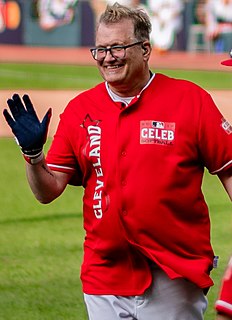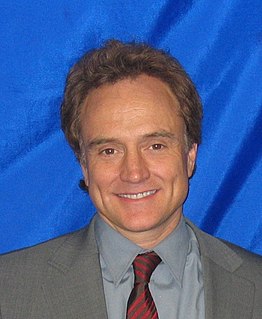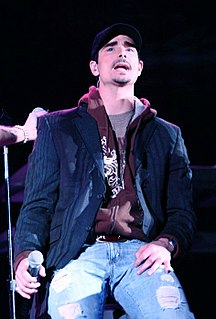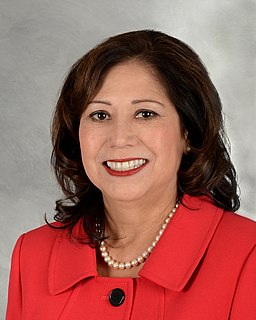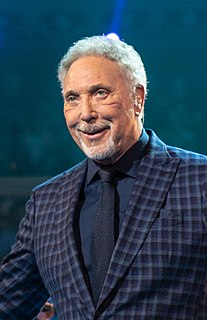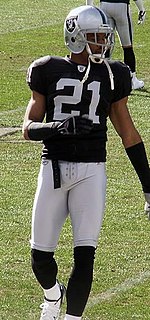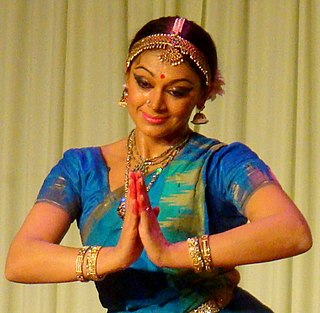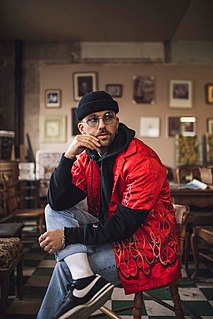A Quote by Drew Carey
After all, game shows are not like working in a coal mine.
Related Quotes
The end of coal in Appalachia doesn't mean that America is running out of coal (there's plenty left in Wyoming). But it should end the fantasy that coal can be an engine of job creation - the big open pit mines in Wyoming employ a tiny fraction of the number of people in an underground mine in Appalachia.
Kids don't have a little brother working in the coal mine, they don't have a little sister coughing her lungs out in the looms of the big mill towns of the Northeast. Why? Because we organized; we broke the back of the sweatshops in this country; we have child labor laws. Those were not benevolent gifts from enlightened management. They were fought for, they were bled for, they were died for by working people, by people like us. Kids ought to know that.
